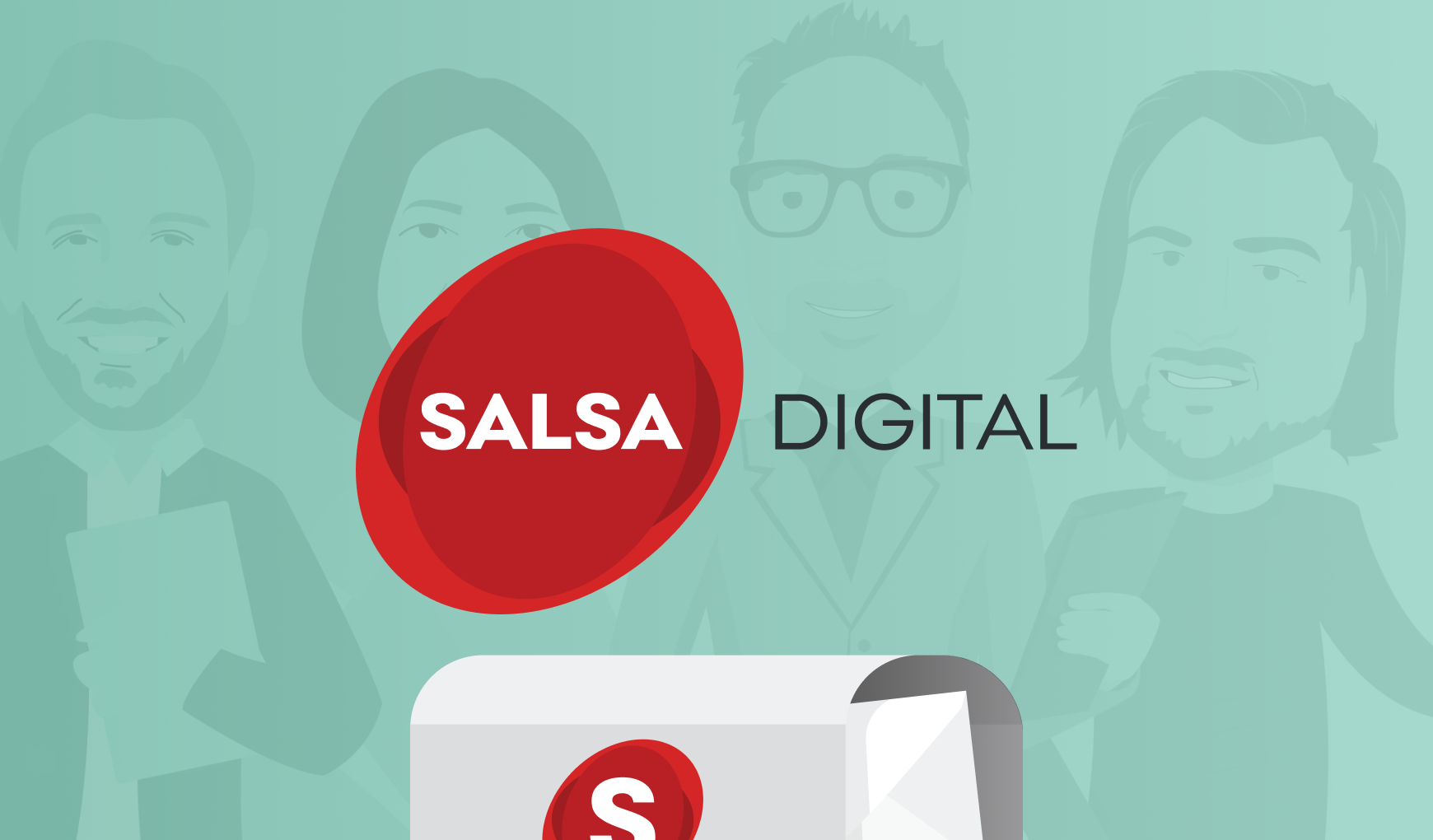On this page:
Drupal South
Late last year I went to Drupal in Auckland. It was a great two-day conference and I was thrilled to listen to presentations on all the Drupal news and meet so many other members in the Drupal ANZ community. My two favourite talks were Michael Schmid’s keynote and Aimee Whitcroft’s look at civic . My plan was to blog on them both, but unfortunately due to a technical issue, Michael’s talk isn’t available on YouTube :( but you can check out some of the others on the Drupal South YouTube .
Below I’ve included a summary of Aimee’s talk, but you might also like to watch the full .
Intro
Aimee’s intro covered the barebones of her presentation — how open data, open government and open source come together in civic technology, and how these initiatives can have incredibly positive effects on society, community and ourselves.
It’s the ethos of open source, but taking it up another level.
Open data
Aimee started off by giving a definition of open data, to ensure everyone had a communal understanding. Her definition: “Any data that’s publicly available on an ongoing basis.” She reiterated that this did NOT mean data that was publicly available for a short time, or only to some people (e.g. via registrations) or that was fee-based.
Aimee also considered the type of open data, looking at the problematic examples from the public sector of scans and PDFs. She discussed the fact that this data isn’t useful for real-time and live applications, and it can often be out of date (and it’s not always clear when/if this type of open data is out of date).
She stressed the need to address this issue by making data machine-readable as API — with the caveat that the API should be supported with good documentation.
Next she looked at the value of sharing data, the value for using and producing open data. The three main advantages she cited were:
- “Publicly funded should be publicly available
- More informed citizenry, making better choices
- Enables people to push for change (or status quo) with EVIDENCE”
Aimee also pointed out that not ALL data should be publicly available, that some data has to be private.
She then moved onto the societal value of open data, saying that open data:
- Builds higher levels of digital literacy
- Builds more transparent and accountable governments
- Builds a more engaged society
- Leads to a stronger democracy
Open data is a hot topic here in Australia, and something I’ve been passionate about for some time (along with open government and open source!). We’ve also blogged quite a bit about open data in our Digital Transformation in Government blog series.
Open government
Next, Aimee introduced open government, talking about the fact that more and more governments around the world are turning to the principles of open government to help them stay relevant, do more with less, and be more responsive.
She said open government is about transparency, accountability and participation (two-way participation between citizens and governments). She also touched on the interrelationship with open data, saying that open government is often delivered via open data.
Aimee then talked a little bit about the international open government initiative, Open Government (OGP). Founded in 2011 with eight members, it’s now got 75 countries signed up (NZ and Australia both signed up in 2013). Members of the OGP need to produce a national action plan every two years, to show their commitment to open government.
Aimee briefly mentioned NZ’s current seven initiatives:
- Open budget
- Improving official information practices
- Improving open data access and principles
- Tracking progress and outcomes of open data release
- Ongoing engagement for OGP
- Improving access to legislation
- Improving policy practices (e.g. talking to people before you write policy)
Aimee emphasised the need for the NZ people to hold the NZ Government accountable to its OGP commitments.
(For more information about open government in Australia, read our 2017 blog on open government. We’re also working on the open data project in Victoria.)
Open source
Aimee spoke briefly about open source, its fundamental basis in collaboration, sharing, community, and how it enables faster innovation.She didn’t spend much time on this one, acknowledging that all the people in the room were already well and truly sold on open source!
Certainly we’re big fans here at Salsa Digital. Maybe we’re even pushers! Read our blog Open source...the way forward for government and Salsa Digital’s govCMS journey (which explains how open source was a key part of Salsa Digital’s evolution).
Civic technology
After spending the first 15 minutes going over the concepts of open data, open government and open source, Aimee explained that while these three elements are often considered separately, there can, and should be, a lot of overlap. One area she sees as being based on all of these three elements is civic technology. In fact, her slide on this literally said:
Open data + open govt + open source = civic technology
She identified the three main ‘flavours’ of civic tech as:
Citizen to citizen — helping improve citizen mobilisation.
Citizen to government — improving the quality and frequency of interaction between governments and citizens (an example she gave here was of , an engine designed to help citizens request information from government).
Government to government — to improve government service delivery (she gave govCMS in Australia as an example of government-to-government civic tech).
Aimee said the main focus should be thinking about the community, identifying what people need and then providing the solution. To show civic tech in action, she chose three examples, stating that there were hundreds to choose from.
1. EQ.org.nz
This site was the NZ tech response to Christchurch earthquakes. It came about from the tech community asking themselves ‘How can we help?’ The response was a site that crowdsourced information from the ground to help citizens navigate the city, instantly. The site was built using an existing tool ( ). It had 70,000 visits in first couple of days, and was taken down when it wasn’t needed anymore.
Aimee cited this website as a great example of how open source and open data can contribute during times of crisis, which has the added benefit of reducing the load on an overloaded emergency services.
2. GovHack
The second example she gave was . As you probably already know, we’re into GovHack in a big way! We blogged about our sponsorship and participation in the 2016 and we’ve written a few other blogs on GovHack too so it was great to hear someone else talking about it with as much enthusiasm as we do :) We also think our 2016 project Find my Future is a great example of civic technology. You can find out more about it in two of our blogs: GovHack 2016 and Giving back to GovHack.
Aimee went through the GovHack basics:
- Largest open data/open government hackathon
- Weekend-long hackathon
- Started as civic hackathon/protest in 2009 but now government sponsors and hosts GovHack
- Keeps getting bigger and more powerful
- In 2017, eight locations in NZ and 27 in Australia
- Developers need to use open government data to build something (like an app or a website)
- Code has to be open source
- It’s a competition!
3.
The final example of civic tech that Aimee gave was from Taiwan. It was founded by East Asia’s second largest hacker collective in 2012, but it really took off in 2014 during the Sunflower Movement and resulted in massive political change. (We found a good article on .)
Now, the people involved in the movement are working with government to develop a set of technologies that give binding power to how citizens feel about policy. One of the platforms they’re using is , which creates polls generated by the people, with machine learning that groups the content and responses.
Conclusion
Aimee’s concluding comments were particularly powerful. She talked about how we can work together to empower each other, and how we can influence both public and private sectors to be better. She talked about the value of open source, saying “Power should be in what one does with something not kind of keeping it in a locked safe and keeping it away from everyone else.”
I also loved this quote: “...it’s not just the code, right? It’s the way we think about sharing.” This aligns closely with all the things I love about open source and the community, and working with government clients to ultimately make things better for citizens and society.
Aimee talked about how open data, open government, open source and civic tech can create societies that are more:
- Transparent
- Free
- Informed
- Engaged
- Powerful
And finally, she discussed civic tech’s role in building a kinder, more resilient NZ. “Do we want a stronger NZ that looks after her people and her environments, that’s envied around the world for her kindness and resilience? We can have her, we can help build her if we want to. We can help build a better world and we have the keys to do this. It’s our choice, we can open the door if we want to. I encourage you all to think about that.”


